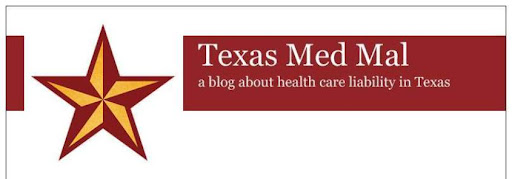In this wrongful death case, Dr. Mettauer objected to the timely-filed expert report of Dr. Joseph Carey. Dr. Mettauer claimed that Dr. Carey was not a qualified expert. He claimed that because Dr. Carey did not perform thoracoscopic cardiac ablation, the procedure at issue in the case, he is not qualified as an expert. Dr. Mettauer also claimed that the Dr. Carey based his conclusions on assumptions or mistakes and did not provide the necessary causal facts to link Dr. Mettauer's procedure and the death. After the initial hearing, Dr. Carey amended his report, but Dr. Mettauer lodged the same objections. The objections were overruled and this appeal followed.
Dr. Mettauer's first challenge to Dr. Carey's expert report centered on misstatements and factual errors in the report. In support of his position, Dr. Mettauer's counsel showed the trial court additional medical records, a PowerPoint presentation on the use of the surgical system, and Dr. Mettauer's answers to interrogatories. Dr. Mettauer argued that the trial court should ave been allowed to consider this evidence and to take judicial notice of specific medical facts. The appellate court denied this challenge, holding
- The appellate court may not engage in a review of the documents not relied upon by the expert.
- The trial court's role is that of a gatekeeper, not a factfinder.
- Extraneous information, which was not relied upon by an expert in making his determinations and which does not appear in the report, may not be reviewed in determining the sufficiency of an expert report.
The trial court then considered the challenge to Dr. Carey's qualifications. Dr. Carey stated in his report that although he had not performed a thoracoscpic cardiac ablation, he had done thorascopic procedures and he had done open cardiac ablations. The appellate court held that this was sufficient to show that Dr. Carey had knowledge of the accepted standards of care for a thoracoscpic cardiac ablation.
Plaintiffs sought sanctions against Dr. Mettauer for filing a frivolous appeal. The Court noted that Dr. Mettauer's arguments regarding extraneous information were contrary to overwhelming weigh of authority. However, it noted that his reasoning was based on prior case law (Baptist Hospitals of Southeast Texas v. Carter, 2008 WL 2917109 at *3, Tex. App.--Beaumont 2008, no pet. mem. op.) and that the more recent case that the Court relied on (Christus Health Se. Tex v. Broussard, 306 S.W.3d 934, 939 Tex. App.--Beaumont 2010, no pet.) was issued only day before the notice of appeal was filed. The Court did not award sanctions.
See the opinion at Mettauer v. Noble.
